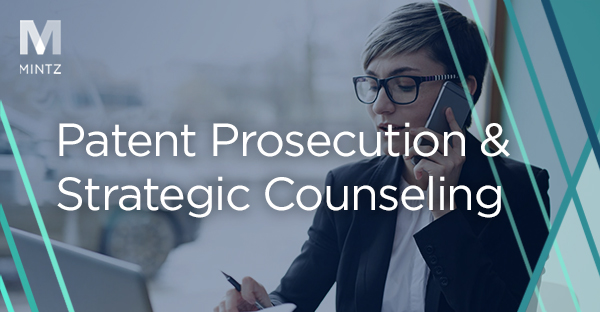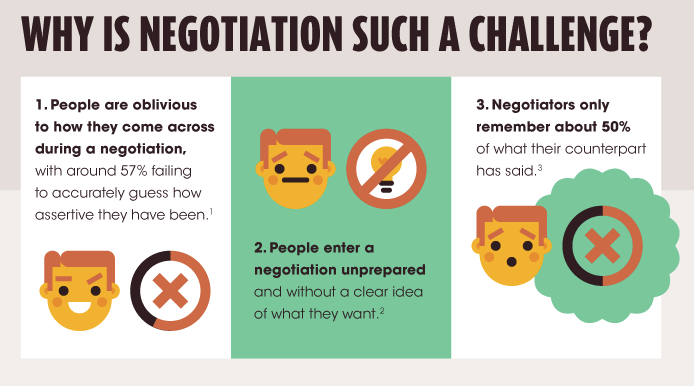
Mastering NDAs: Essential Tips for Effective Agreements

Navigating Non-disclosure Agreements (NDAs): Introduction
Non-disclosure agreements (NDAs) play a crucial role in safeguarding sensitive information in various business and legal contexts. This article delves into essential tips for effectively navigating and utilizing NDAs, providing insights for individuals and businesses seeking to protect their confidential information.
Understanding the Purpose of NDAs: The Foundation of Confidentiality
At its core, a non-disclosure agreement is a legal contract that establishes confidentiality between parties. Whether in business transactions, employment relationships, or partnerships, the primary purpose of an NDA is to ensure that sensitive information remains confidential. Understanding this foundational purpose is essential for crafting effective agreements.
Clearly Define Confidential Information: Setting the Boundaries
One key tip for an effective NDA is to clearly define what constitutes confidential information. Specificity is crucial to avoid ambiguity and disputes. Clearly outlining the types of information covered by the agreement provides a comprehensive understanding of the boundaries of confidentiality.
Identify Parties and Obligations: Clarity in Agreement Terms
When drafting an NDA, it is vital to clearly identify the parties involved and outline their respective obligations. This includes specifying who the disclosing and receiving parties are and delineating the responsibilities each party has regarding the confidential information. Clarity in these terms enhances the enforceability of the agreement.
Duration of Confidentiality: Establishing Time Limits
Another crucial aspect of NDA tips is to establish a clear timeframe for the confidentiality obligations. Determine the duration during which the information is considered confidential. Whether it’s a specific period or tied to the completion of a project, setting time limits provides a clear understanding of when confidentiality obligations end.
Permitted Disclosures: Allowing Exceptions Wisely
In certain situations, it may be necessary to allow for permitted disclosures of confidential information. Including carefully crafted exceptions in the NDA, such as disclosures required by law or to authorized personnel, ensures flexibility while maintaining the overall integrity of the confidentiality agreement.
Marking and Labeling Confidential Information: Practical Implementation
To enhance the practical implementation of an NDA, parties can adopt a practice of marking or labeling confidential information. This serves as a visual reminder of the protected status of certain information and aids in compliance with the terms of the agreement.
Include Governing Law and Jurisdiction: Legal Framework for NDAs
To strengthen the enforceability of an NDA, it’s advisable to include provisions regarding governing law and jurisdiction. Clearly specifying the legal framework under which the agreement operates and the jurisdiction for resolving disputes adds a layer of legal clarity to the NDA.
Consult Legal Professionals: Expert Guidance in NDA Drafting
Drafting a robust NDA may require legal expertise. Seeking guidance from legal professionals ensures that the agreement aligns with legal standards and provides the desired level of protection. High Point Family Law offers expert assistance in NDA drafting and related legal matters. Visit Non-disclosure Agreement Tips for professional guidance.
Regular Review and Updates: Adapting to Changing Needs
As business dynamics evolve, it’s essential to regularly review and, if necessary, update NDAs to align with changing needs. Whether due to new business partnerships, modifications in projects, or shifts in legal standards, keeping NDAs current ensures ongoing effectiveness in safeguarding confidential information.
Educate Parties on NDA Importance: Promoting Compliance
Lastly, educating parties involved in an NDA on the importance of confidentiality is crucial for promoting compliance. Understanding the significance of protecting sensitive information enhances a culture of trust and accountability among parties, reinforcing the overall effectiveness of NDAs.
In conclusion, mastering non-disclosure agreements involves a careful consideration of key elements such as defining confidential information, identifying parties and obligations, setting duration, allowing permitted disclosures, and incorporating legal guidance. High Point Family Law offers expert assistance in navigating the intricacies of NDAs and related legal matters. Visit Non-disclosure Agreement Tips for professional insights and guidance.









